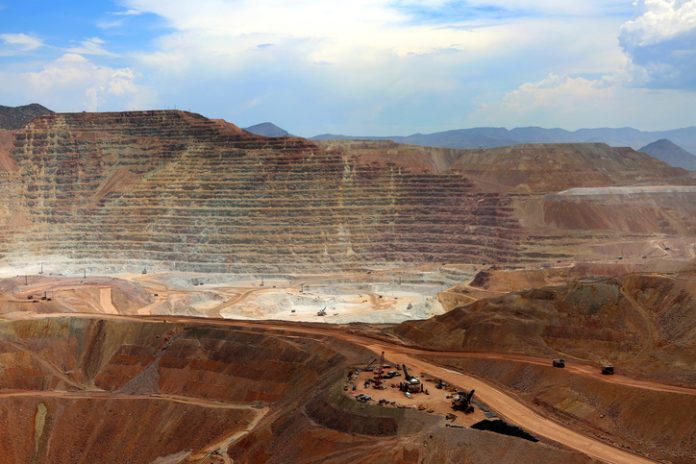By Andrew Weiss
As global governments push for a rapid transition to electric vehicles and to wind and solar power, they are creating a demand for copper that threatens to undermine the very goals they seek to achieve.
According to a recent International Energy Forum report, electrifying the global vehicle fleet would require the opening of 55% more new copper mines than are already needed, and twice the total amount of copper that has ever been mined throughout human history over the next three decades.
Global demand for copper is expected to double by 2035.
That gives the advantage to China, because it controls 44% of the world’s refined copper supply, more than six times the next biggest supplier. But even with all China’s copper, the world is still falling short.
The recent attempted merger between mining giants BHP and Anglo American highlights the growing demand for copper. BHP, one of the world’s largest mining companies, wanted Anglo American’s $35 billion in copper assets, but failed in two merger attempts, the latest for $50 billion.
Professor Adam C. Simon of the University of Michigan, one of the authors of the International Energy Forum report, argues that “mining should be recognized as essential, and exploration and responsible copper mine development strongly encouraged.”
Since copper is a core component in electronics, raising the cost of copper makes it far more difficult for developing areas of the world to access energy. Copper is a crucial component in electric vehicles. A typical EV requires nearly 200 pounds of copper, or about four times the amount needed for a combustion-engine vehicle.
The energy industry is facing government mandates for wind and solar. A typical 3-megawatt wind turbine requires 9 tons of copper, more than the weight of a school bus. Wind power requires more than seven times the amount of copper to produce the same amount of energy that natural gas or coal does, and five times the copper as nuclear power.
The United States, the world’s second-largest copper producer just 20 years ago, now accounts for about 6% of global copper production. Despite an estimated 890 million tons of reserves (about 400 times our annual consumption), America now faces significant hurdles in expanding its copper production due to regulatory obstacles and social opposition.
While U.S. copper production has declined 8% since 2001, China has increased production threefold and produces 55% more copper than America.
The International Energy Forum report states, “[M]ine permit applications have been canceled in Alaska, Minnesota, and Panama, delayed in Arizona, and substantial acreage has been removed from exploration in Minnesota.”
In April, the Department of the Interior failed to approve the 211-mile Ambler Road project in Alaska. It would have opened new areas to copper mining and other resource development. In 2022, President Joe Biden canceled the lease renewal for a new copper mine in Minnesota.
The Resolution Copper project in Arizona, which would be the largest copper mine in North America, producing 500,000 tons per year, is stalled, even though Congress approved it in 2014.
Policymakers pushing for a rapid shift to EVs and renewables are also responsible for the red tape in mining for critical minerals. Without more mining, the planned EVs won’t be built. Even Chinese critical materials won’t get America all the way to its EV targets.
Allowing the U.S. copper mining industry to respond to market demand would increase copper supplies. Failure to address mandates for vehicles and constraints on mining will worsen the looming copper shortage, causing higher energy prices and related burdens for Americans.
Andrew Weiss is a research assistant for domestic policy at The Heritage Foundation.
Originally published by The Daily Signal. Republished with permission.



























Clearly there is going to be a short-fall in raw materials, so the demand will never be met. Period.
Why has the Biden govt. put all the explorations on hold? (to the benefit of China)
Time to call out the Global Warning Fiasco (typo intended)